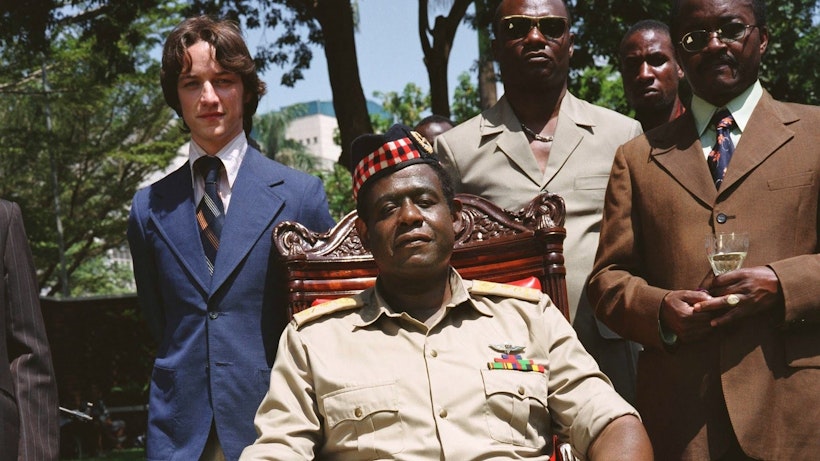
Alex Heffes x Alexandre O. Philippe
Film Fest Gent

Alex Heffes
Whoever is looking for an African touch in the music for their film can always reach Alex Heffes, born in the English town Beaconsfield on September 2, 1971. He composed music for The Last King of Scotland by Kevin Macdonald and for Mandela: Long Walk to Freedom by Justin Chadwick. He also scored the remake of the legendary tv show Roots, which combined authentic Gambian music with synthesizers and electronic cello. He always aims at creating authentic characters rooted in reality with his music, so they become and remain connected to the audience.
 © The Last King of Scotland
© The Last King of ScotlandHeffes was barely seven years old when he saw Star Wars and tried to play the music of the film on the piano at home. His studies at Oxford prepared him to become a versatile composer of tv series, fiction films and documentaries. He mixes elements from non-western cultures with classical western traditions. His collection of instruments is also compiled from all over the world. He has worked with directors such as Tim Burton, Mira Nair, Stephen Frears and Peter Webber. In the recent Mafia Mama he collaborated with Catherine Hardwicke for the third time. Alex Heffes was a member of the international jury at Film Fest Gent in 2007 and won the Discovery of the Year Award in 2011 at the World Soundtrack Awards.

Alexandre O. Philippe
In the documentary landscape of films about film, Geneva-born Alexandre O. Philippe occupies a special place. Whereas most of his colleagues cover a genre or a body of work, Alexandre O. Philippe sometimes finds enough material in one scene to dedicate a film to it. For instance, the numbers in the film title 78/52 refer to the 78 camera positions and 52 cuts in the shower scene of Alfred Hitchcock's Psycho. In Memory, dedicated to Ridley Scott's Alien, his particular focus is on the so-called Chestburster scene in which the monster emerges from John Hurt's chest. It seems the director is now professionally translating what he did as a teenager: searching from needle to thread how horror scenes are put together.
 © Lynch/Oz
© Lynch/OzHe then fulfilled his own coveted American Dream by exchanging Geneva for New York. Before shooting creative and revealing documentaries, he first obtained a Masters in Dramatic Writing from New York's Tisch School of the Arts. After a few short films, his attention turned to films that became iconic, transcended themselves and became cultural events. For instance, he explored the parallels between The Wizard of Oz and the oeuvre of David Lynch. Star Wars and Star Trek are the subject of The People vs. George Lucas and You Can Call Me Bill, respectively. In his passionately shot films, he looks beyond the anecdote and is particularly attentive to the artist in the filmmaker. In doing so, he acts as a bridge between the film and the viewer, aiming to reach both the specialist and the ordinary viewer. With success.


